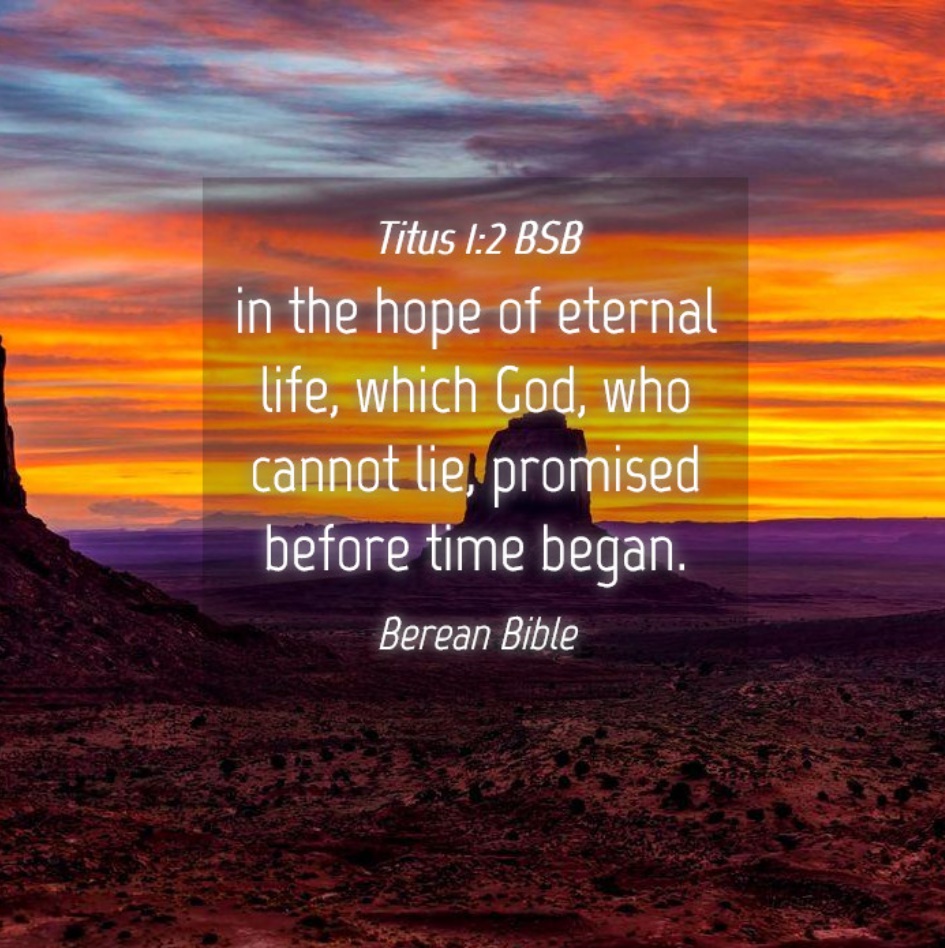“Go therefore and make disciples of all the nations…teaching them to observe all that I commanded you; and lo, I am with you always, even to the end of the age” (Matthew 28:19-20, NASB).
——————–
Contents:
1) When Tragedy Strikes (Doy Moyer)
2) Evil Influences of the World (Leland R. Ping)
——————–

-1-
When Tragedy Strikes
Doy Moyer
What exactly does one say to another when tragedy strikes? We all wish that we had the perfect words that would appropriately capture what everyone is feeling, words that would comfort and encourage even the most downtrodden. We want to come up with profound statements about how “this is life” and “here is what you should be thinking at this time.” The reality is that we feel at a loss, unable to speak what we are feeling deep inside, unable to communicate what we think those who are suffering need to hear when, likely, they don’t want to hear anything at all. Bumper sticker philosophy and theology hardly provides much comfort when our hearts have been torn by real tragedy. Likely, the silence before we speak is going to be the most profound and appropriate response, at least initially.
Job’s friends understood this at first. When Job suffered his astounding tragedies, one after the other and no break between, his three friends came to comfort him. For an entire week, they sat there with him in silence, unable to capture in words what they were witnessing and unwilling to say what they were thinking. Yet it was during this time that they were their wisest and the most comforting to Job, for after they began speaking, Job could only say that they were miserable comforters.
Silence is sometimes the best response. Once we have had time to reflect, however, we usually can find important lessons that will be embedded in our minds from then on. If we can learn those lessons, then we can be better for it.
When terrorists took down the Twin Towers in New York City, people were in shock. It was an unbelievable event. Nearly three thousand lives were taken in one day, and the heart of the United States country was struck hard. What were we going to demonstrate that we were made of? For a time, there was a pulling together of the citizens. More importantly, there was a general recognition of the need to turn to God. Sadly, much of that faded over the years, but this is why we need to be reminded of difficult events and the lessons that come out of them.
When tragedy strikes, we are forced to consider several important issues:
1. Why? It is not trite to say that sin has caused the tragic problems of this world. Once sin came into this world, everything changed. Everything became subject to futility — The mark left by sin is tragic and ugly. This is the reason the gospel is such an important part of our understanding.
2. The Relative Value of Material Stuff. What does it profit us if we gain the whole world and lose our souls? (Matthew 16:24-27). Losing stuff isn’t as much of a problem when we put it into perspective.
3. The Value of Loved Ones. People are always more important than things. When tragedy strikes, we look for the people we love first. This is as it should be.
4. The Value of Time. Tragedy will force us to prioritize our time, reconsider how we use it, and try to use it wisely from then on (Ephesians 5:15-17).
5. Our Relationship with God. Must we be reminded that there is no more important relationship than that with God? Will we use tragic events as an excuse to run from God, or will we use them to draw closer to Him? (Psalms 73).
6. The Importance of Eternity. What we can see is temporary; what we cannot see is eternal. Therefore, we must look to the infinite and recognize that our real goal is to please God because one day we will be brought to judgment (II Corinthians 4:16-5:10).
7. Our Perspective on Everything. How will we react to difficult times? What will we say to others? What will we do to cope? Will we pray? Will we meditate on God’s word or be anxious, worried, and troubled? See what Jesus says about worry and anxiety in Matthew 6:24-33. How much we are willing to trust God speaks volumes about how we deal with matters that cause anxiety. That may be “easier said than done,” but it is the perspective we are taught to embrace.
Terrorism. Natural disasters. Crimes. Heartaches at every tum. What does it take to wake us up and ensure we are right with God? Tell your family that you love them. Quit the quibbling and fighting. Who cares who started what? Let’s get over ourselves and seek one another’s welfare. Let us humble ourselves before God and ensure our priorities are where they should be.
“Therefore if you have been raised up with Christ, keep seeking the things above, where Christ is, seated at the right hand of God. Set your mind on the things above, not on the things that are on earth. For you have died and your life is hidden with Christ in God. When Christ, who is our life, is revealed, then you also will be revealed with Him in glory” (Colossians 3:1-4).
— via Bulletin Articles from the Vestavia church of Christ, March 4, 2024
——————–

-2-
Evil Influences of the World
Leland R. Ping
Leaven is a quite common illustration which both Jesus and various inspired Bible writers employed to make a number of points. Leaven is, of course, an agent used in baking bread that causes it to rise. Indeed, it doesn’t take much of this agent to have an effect on the final product. And, so, one who bakes must be cautious with how much he uses. Consider Jesus’ own words in Mark 8:15 wherein He warned with the following statement: “Take heed, beware of the leaven of the Pharisees and the leaven of Herod.”
As you may recall, this prompted confusion and questions among Jesus’ disciples – they failed to initially grasp the point that Jesus was making. But, with our ability to read the entire account, we understand clearly that Jesus was teaching significant lessons for them and for us, too.
The Pharisees in the first century were, as we see in the gospels, notoriously self-righteous and selfish in their ambitions. Anyone that got in their way became their enemy and they would degrade such persons – much like happened with our Savior. As Jesus became more influential with common men, we see the Pharisees getting more and more agitated with Him. Ultimately, they sought to take His life in order to attempt to keep their place in Jewish society.
The frightening thing about the Pharisees and Herod was that their thoughts and opinions were quite influential with so many. So, Jesus warned His disciples to be cautious about falling under their sway and influence. Instead, they were to keep their focus on the mission of their Lord. This would have been awful difficult at times when they preached and practiced the things that were contrary to the way of the upper Jewish echelon.
Even though we don’t interact with Pharisees today and the Herods are long gone, the warning about the things that can influence us is still vital today. Even a little evil influence can impact us so much. Far too often, we witness one-time faithful followers of God departing from the way of Christ to do their own things. And, the cause of their change of hearts is so often tied to the fact that they allowed themselves to be influenced, swayed, and moved by the opinions of those in the world. Let’s be careful to not be unduly influenced by others to do wrong and forsake our Lord and the mission before us. Our efforts to do right will most certainly pay off!
— Via Articles from the Knollwood church of Christ, September 2025
——————–
The Steps That Lead to Eternal Salvation
1) Hear the gospel — for that is how faith comes (Rom. 10:17; John 20:30-31).
2) Believe in the deity of Jesus Christ, the Son of God (John 8:24; John 3:18).
3) Repent of sins. For every accountable person has sinned (Romans 3:23; Romans 3:10), which causes one to be spiritually dead (Ephesians 2:1) and separated from God (Isaiah 59:1-2; Romans 6:23). Therefore, repentance of sin is necessary (Luke 13:5; Acts 17:30). For whether the sin seems great or small, there will still be the same penalty for either (Matt. 12:36-37; 2 Cor. 5:10) — and even for a lie (Rev. 21:8).
4) Confess faith in Christ (Rom. 10:9-10; Acts 8:36-38).
5) Be baptized in water for the remission of sins (Mark 16:16; Acts 2:38; 22:16; 1 Pet. 3:21). This is the final step that puts one into Christ (Gal. 3:26-27). For from that baptism, one is then raised as a new creature (2 Cor. 5:17), having all sins forgiven and beginning a new life as a Christian (Rom. 6:3-4). For the one being baptized does so “through faith in the working of God” (Col. 2:12). In other words, believing that God will keep His word and forgive after one submits to these necessary steps. And now as a Christian, we then need to…
6) Continue in the faith by living for the Lord; for, if not, salvation can be lost (Matt. 24:13; Heb. 10:36-39; Rev. 2:10; 2 Pet. 2:20-22).
——————–
Tebeau Street
CHURCH OF CHRIST
1402 Tebeau Street, Waycross, GA 31501
Sunday: 9 a.m. Bible Classes and 10 a.m. Worship Service
Wednesday (all but the first): 7 p.m. Bible Classes
First Wednesday of the month: 7 p.m. Congregational Song Service (about 45 minutes of singing, followed by a short talk)
evangelist/editor: Tom Edwards (912) 281-9917
Tom@ThomasTEdwards.com
https://thomastedwards.com/go/all.htm (This is a link to the older version of the Gospel Observer website, but with bulletins going back to March 4, 1990.)





